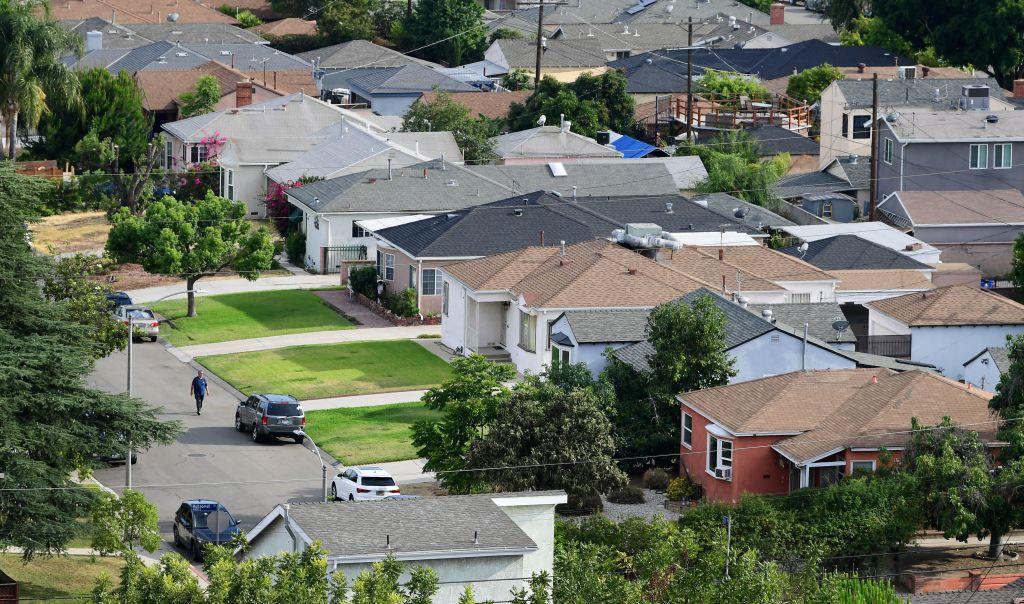As Los Angeles prepares to implement the last of its tenant protection measures, some mom-and-pop landlords say they’ve had enough.
With inflation on the rise, the rental moratorium being extended until the end of March, and now with the added burden of having to pay tenants’ relocation fees in some cases, some landlords say they are facing a perfect storm that could wipe out their businesses.





